From Lab to Label: Uncovering the Real Content of CBD Products in Michigan
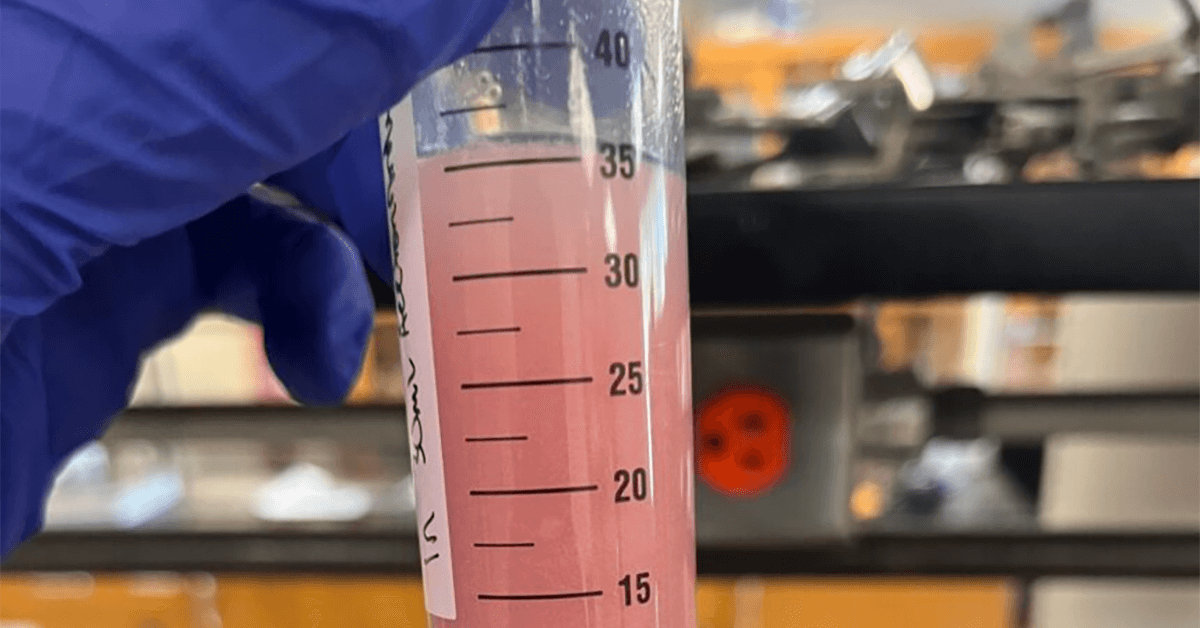
In an extensive study conducted in Michigan, Joey Spoelstra, a senior biochemistry student, undertook a comprehensive analysis of CBD products, revealing significant discrepancies between product label claims and their actual contents. Spoelstra, presenting his research findings to the Association of Analytical Chemists in Livonia, Michigan, on November 9th, emphasized the core objective of his study was to evaluate the accuracy of label claims on CBD products through rigorous scientific analysis. The results indicated a widespread issue with the accuracy of these claims, highlighting a concerning trend in the CBD market.
Under the guidance of Mark Nussbaum, a professor of chemistry and Spoelstra's research mentor, various analytical techniques were employed to assess the composition of the CBD products. A key part of the investigation involved using gas chromatography, a process during which Spoelstra observed that CBD degraded into THC when subjected to elevated temperatures. This degradation process is critical as THC, unlike CBD, possesses psychoactive properties, raising potential health concerns.
To further his analysis, Spoelstra applied liquid chromatography, a method lauded by Nussbaum for its ability to separate and analyze compounds without the necessity of heating the samples. This technique proved effective in identifying several compounds related to CBD. Additionally, Spoelstra's research ventured into how CBD behaves under simulated gastric conditions, revealing that CBD does not dissolve as effectively in stomach acid as product labels might suggest.
An unconventional aspect of Spoelstra's study involved incorporating CBD into brownies to observe the effects of baking on CBD's stability. This experiment faced a setback when a sample was destroyed due to excessively high temperatures, demonstrating the challenges of maintaining CBD's integrity under various conditions.
As Spoelstra progressed through his research, he gained significant independence in operating analytical instruments, building on prior CBD studies, including those conducted by Marie Taylor '23. The rigorous nature of the research, as echoed by Dana Gramckow, a senior chemistry student involved in a separate project, entailed six weeks of dedicated work, spanning from morning till late afternoon each day.
A critical standpoint emerging from Spoelstra's research is the advocacy for stricter regulatory oversight by the FDA over CBD products. The current lack of accurate labeling and quality control poses significant safety concerns, a sentiment supported by both Spoelstra and Nussbaum. They criticize the FDA's handling of hemp-related compounds, which fall into regulatory grey areas, neither classified as pharmaceuticals nor food supplements, leading to loopholes that companies exploit to avoid stringent testing and purity verification.
Nussbaum also pointed out the issue of false advertising surrounding CBD's purported benefits, underscoring the need for greater regulatory scrutiny to ensure product purity and accurate representation. This study, conducted in the heart of Michigan, casts a spotlight on the urgent need for improved regulation and oversight in the CBD industry, ensuring consumer safety and product integrity.
Share this article:
Spotted a typo, grammatical error, or a factual inaccuracy? Let us know - we're committed to correcting errors swiftly and accurately!

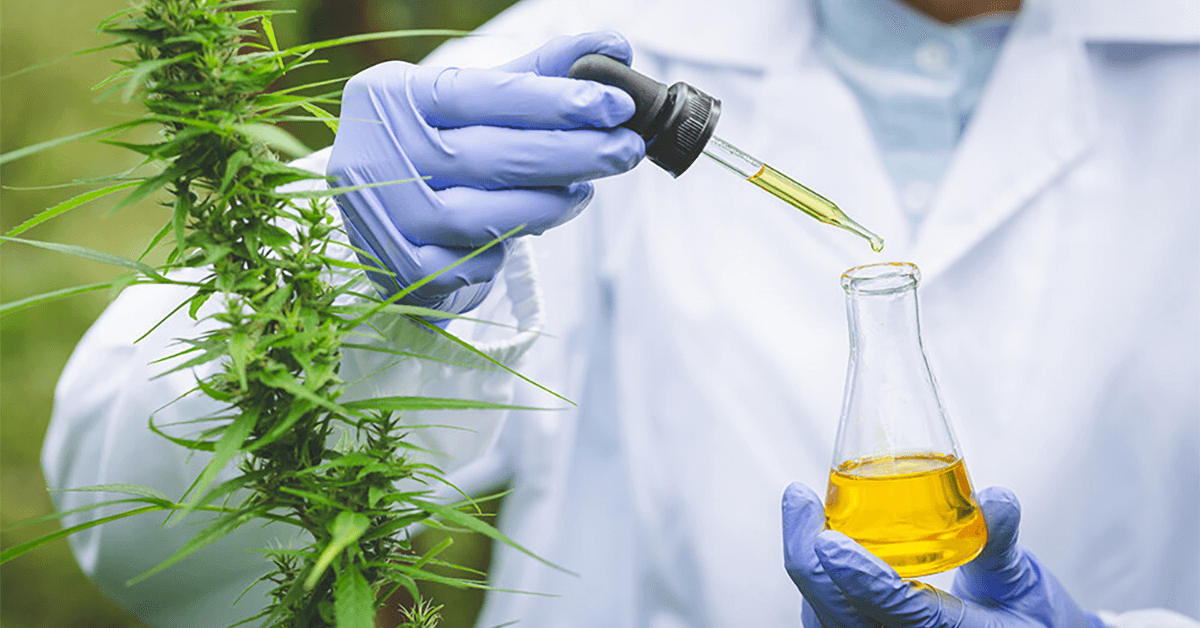
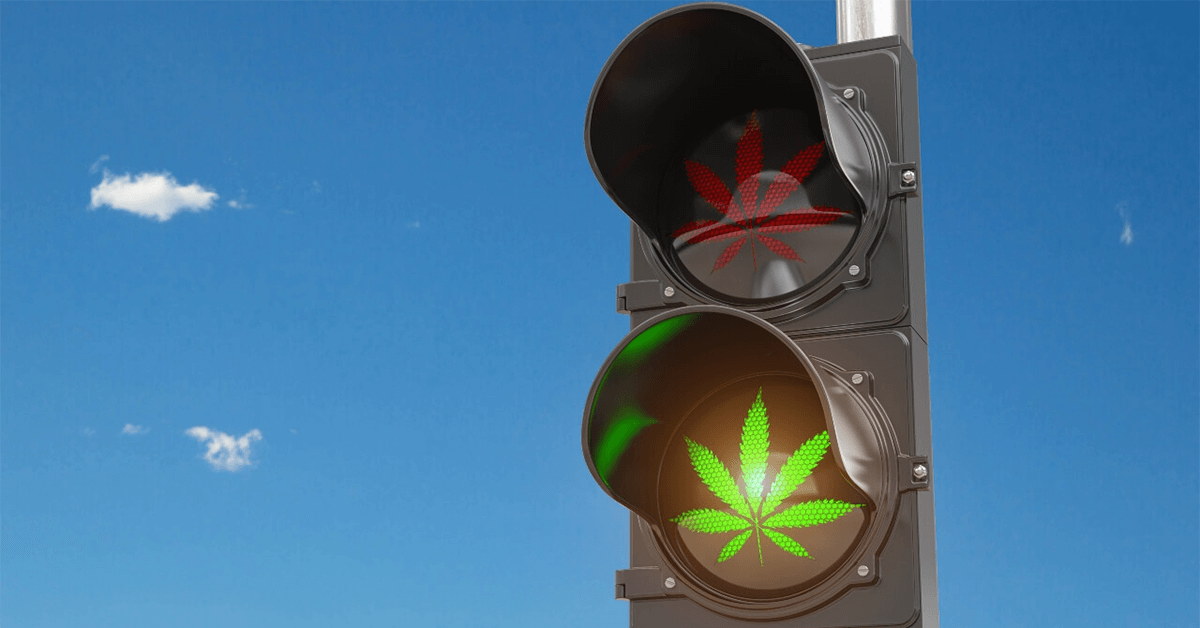
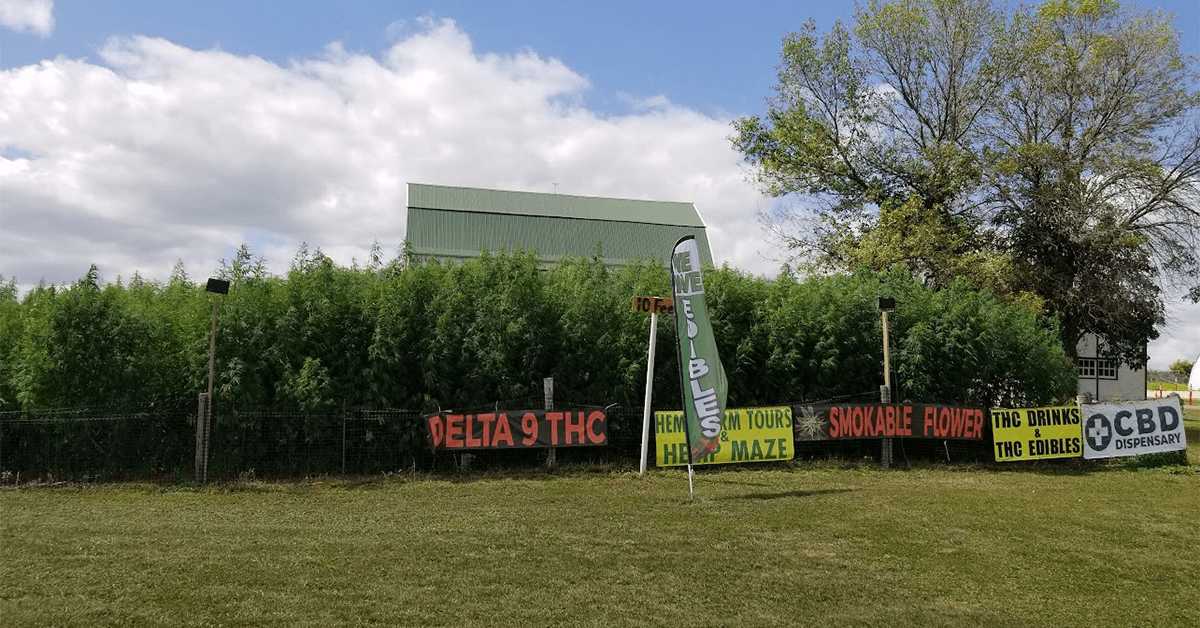
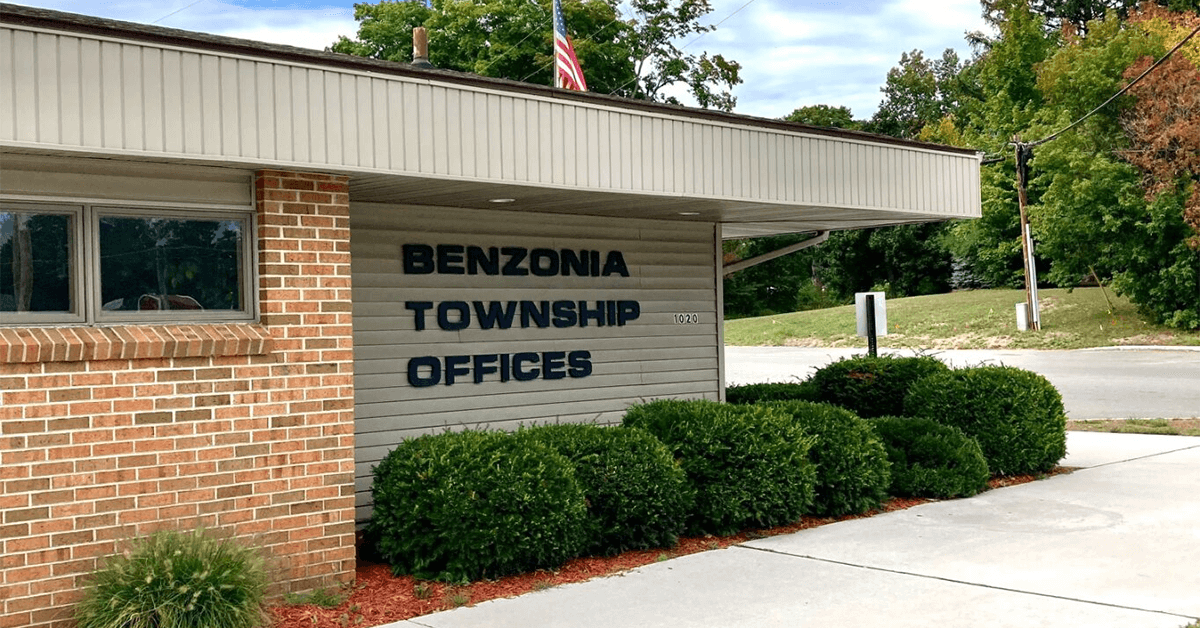
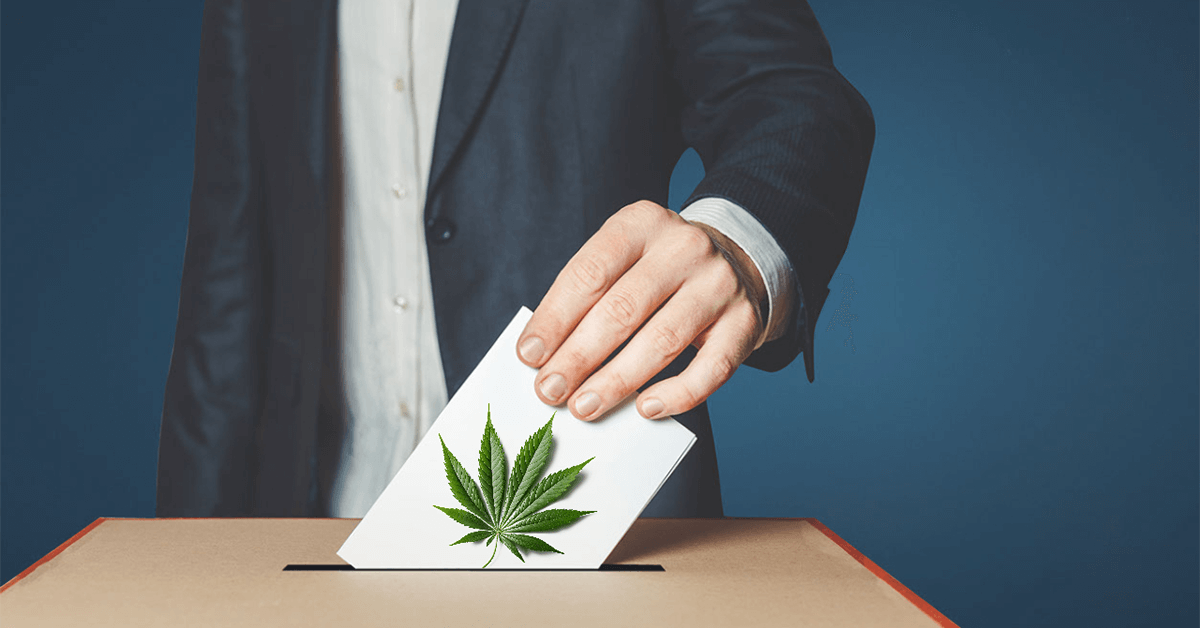


 Helpful Links
Helpful Links